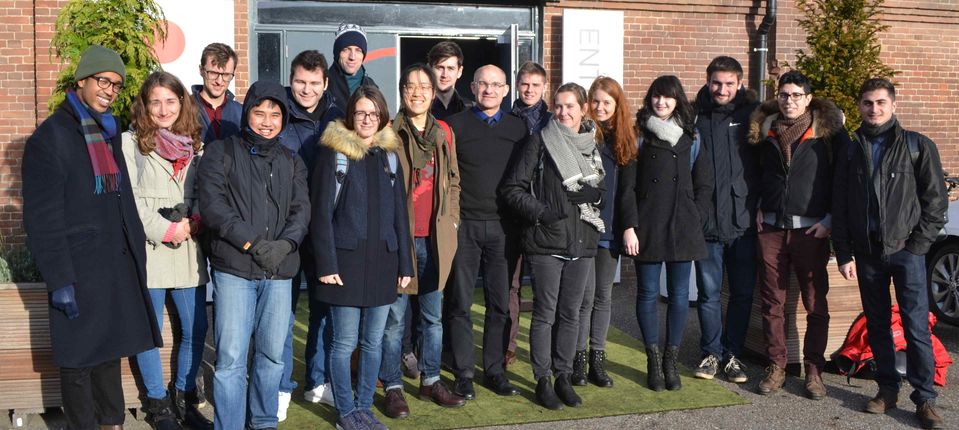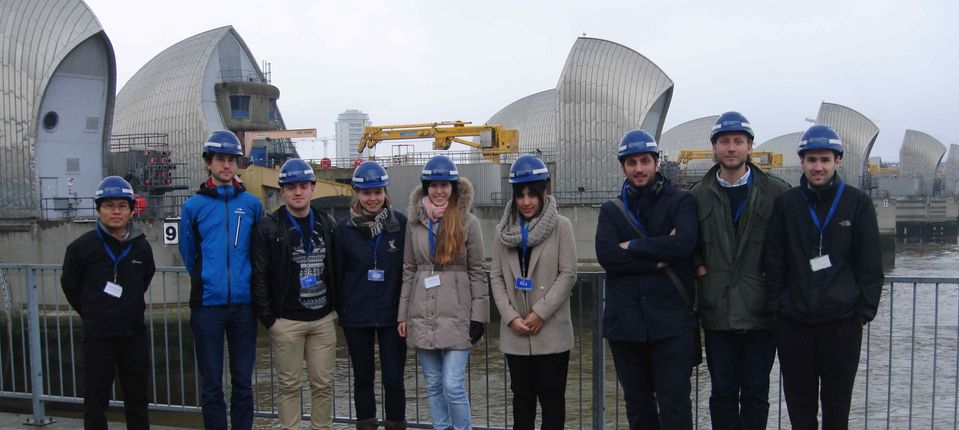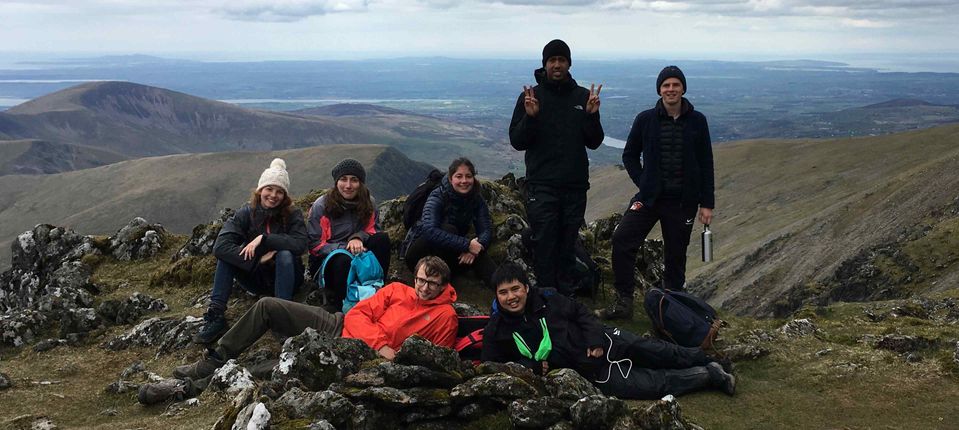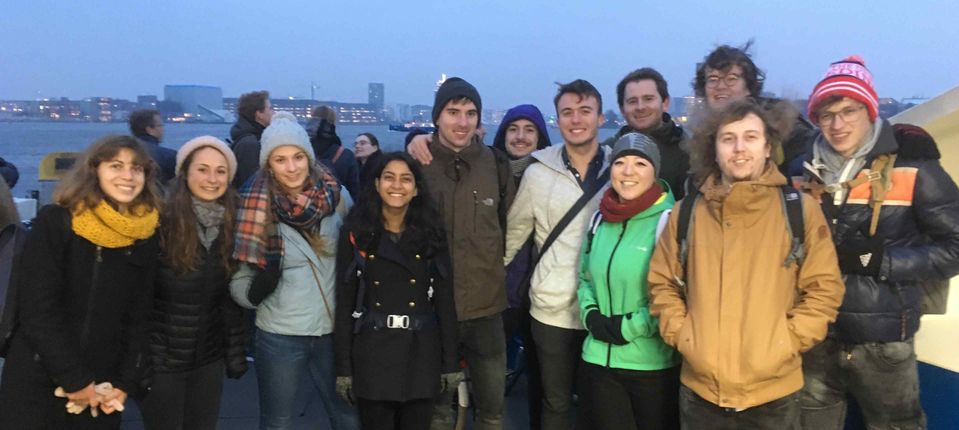Introduction to the CDT

Why choose sustainable civil engineering?
What are the benefits of a career in sustainable civil engineering?
The EPSRC Centre for Doctoral Training (CDT) adopts the widest possible definition of sustainability, covering the effective whole life design and performance of major civil engineering infrastructure. The Centre will address key engineering challenges of fit for purpose, economic viability, environmental impact, resilience, infrastructure inter-dependence and durability. It will also consider the impacts of changes in population, urbanisation, available natural resources, technology and societal expectations. This requires a broad-based approach to research training, effectively integrated across the wide range of civil engineering disciplines. Very few academic institutions are capable of providing in-depth training across this range of subjects.

Working with industry
Hear the benefits of working with industry on a 50:50 funded PhD
Ken joined the CDT in October 2016 on a 50:50 industry funded project looking at advanced laboratory testing to enable sustainable and cost-effective offshore wind-turbine design. 50:50 funded projects provide a fantastic opportunity for students to tackle real-life engineering problems and offer companies a cost-effective way to support high quality students. A full list of current 50:50 industry funded projects being offered can be found here.

Entrepreneurship
Find out ways the Centre supports entrepreneurship
The first Cross-CDT Dragon's Den competition took place in 2017 with students competing for a first prize of £5,000. Students were given a budget of £500 to develop prototypes of their ideas and participated in monthly workshops and one-to-one business coaching sessions to help realise them. First prize was awarded to Liliane Auwerter Capril-Carniere, who joined the CDT in October 2015, and her team TAGLESS for their anti-graffiti coating which can be applied onto a range of surfaces making cleaning graffiti quick and convenient. The aims of the competition were to support the commercial development of students’ ideas and inventions not related to their research, to develop the students' enterprising knowledge and skills, and encourage cross-CDT collaboration.

Cohort life
Find out what life in a cohort is all about
Alastair joined the CDT in October 2016 and is looking at human behaviour and the optimisation of large-scale evacuation procedures in emergencies. Prior to joining the CDT Alastair worked for three years as an oil and gas engineer, looking at designing oil wells in the North Sea. Cohort building is an important part of the CDT as it can enhance the student research experience through the development of research networks, research skills and social activities. It also provides an additional support system for students.

Taught Component
Hear the benefits of additional training provided by the taught component
The programme begins with a term of workshops which have been specifically been created for the CDT and cover a broad range of sustainability issues and quantitative subjects that will assist students with their research. In the second term students work on a Grand Challenge project which provides a team building platform for interdisciplinary work and helps put their research into context. From the start of the third term onwards, CDT students will be working on their doctoral research projects.



